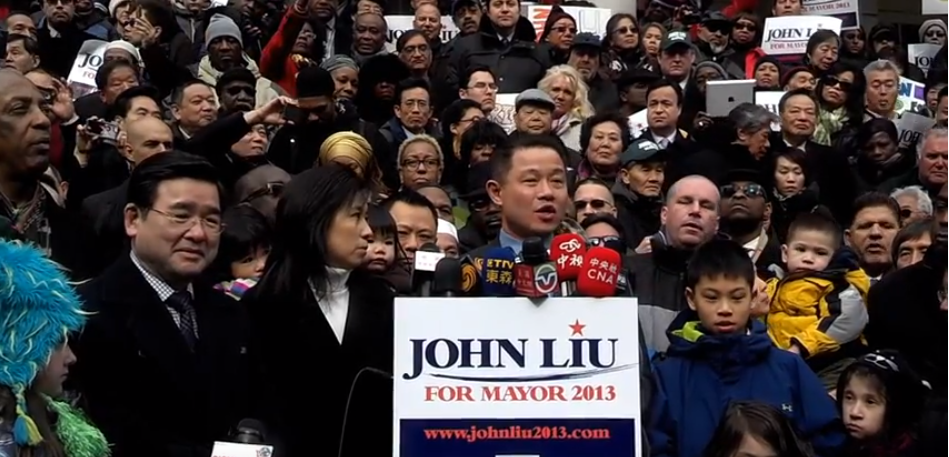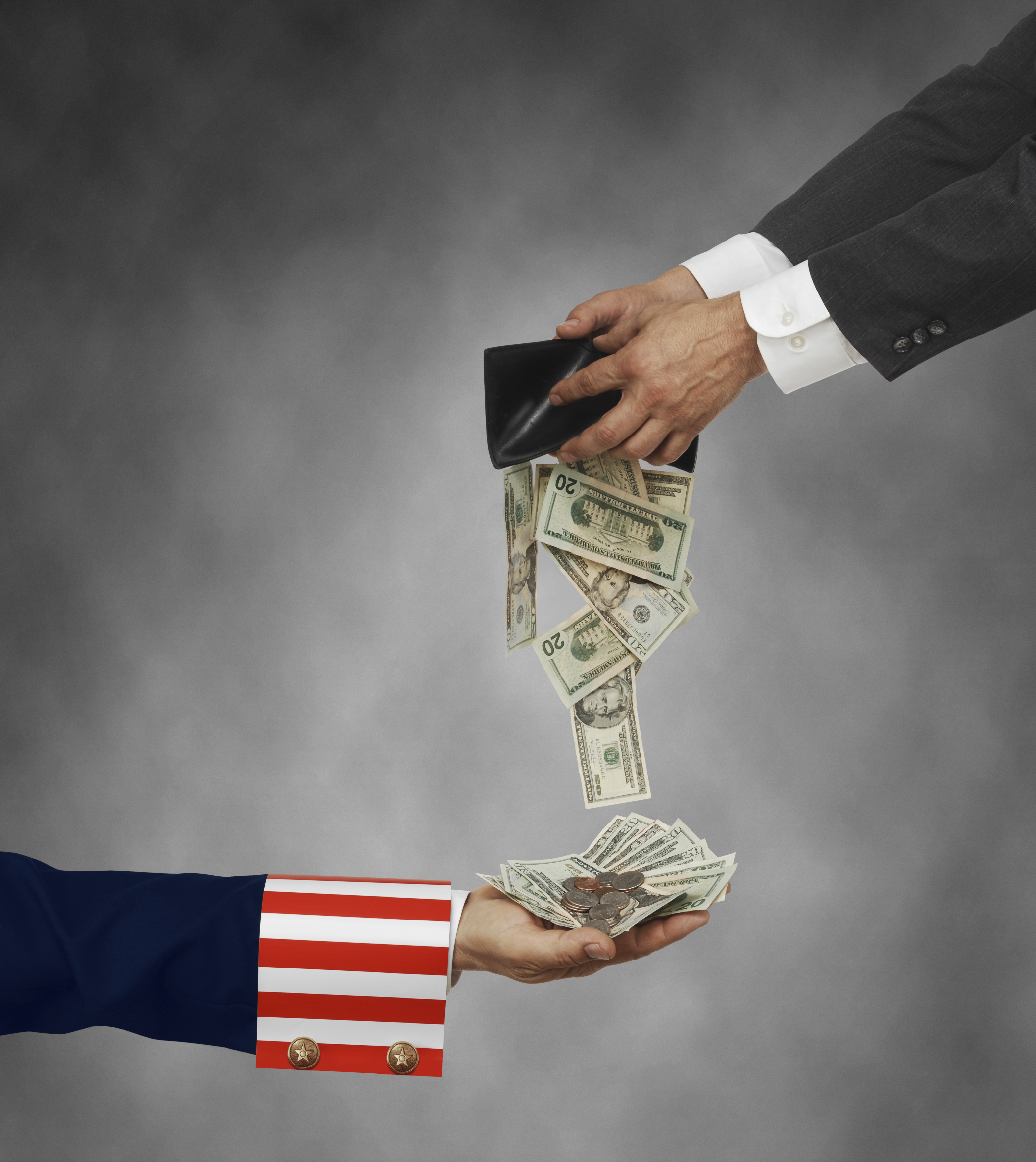Editor’s Note: This is the fourth in a series of posts examining the speech-limiting effects and record of failure of taxpayer-financed campaign programs, specific to provisions included in the so-called “For the People Act,” which House Democrats have introduced as H.R. 1 in the 116th Congress. Part I is available here, part II is available here, and part III is available here.
House Democrats’ first bill of the new Congress – H.R. 1, or the so-called “For the People Act” – features many failed, recycled ideas to regulate political speech. In particular, the bill’s proposal to fund federal campaigns with tax dollars will suffer from similar flaws as those in existing state and local programs. Replacing an entirely voluntary contribution system with mandated taxpayer subsidies has opened new avenues for corruption while failing to achieve the goals that supporters have championed.
Also of concern is how this portion of the bill will further enhance the role of the federal government in election campaigns. Tax-financing will increase the risk that partisan bias or outright favoritism from those in power will determine electoral results.
Under the status quo, there are already concerns about how investigative agencies influence the vote. For example, Hillary Clinton blamed then-FBI Director James Comey for her 2016 loss to President Trump because of his release of a letter re-opening the FBI’s probe into her e-mails in the lead-up to the election. The passage of H.R. 1 would allow federal agencies to inflict more than just a bad news cycle on candidates; it might also have the power to single-handedly grant a candidate a massive cash advantage.
Those on the left and right have accused opponents of politicizing law enforcement when they were in power. Imagine what would happen if some future president politicized a tax-financing system. By appointing partisan allies or exerting pressure on the agency administering the program, a president could spur nationwide investigations of opponents, fishing for an excuse to punish them. Campaigns receive thousands of donations, so minor errors are commonplace. If a hostile agency found one, it could justify fines or perhaps delay releasing the tax-financing funds while a lengthy audit and investigation is completed. Such a delay could cripple a campaign. Keep in mind that the tax-financing subsidy would represent over 83% of the total fundraising for a campaign run on contributions of $200 or less. Losing so much funding would be a fatal blow to nearly any campaign, not to mention the bad publicity from the FEC’s investigation.
This already happened in the tax-financing system that the bill is modeled on. During the 2013 New York City mayoral campaign, two campaign aides of Democratic primary candidate John Liu were convicted for an illegal straw donor scheme. Despite Liu not being charged for any wrongdoing and the vast majority of funds being raised according to the rules, his campaign was denied public funds, and he went on to lose the primary to now-Mayor Bill de Blasio. Liu later sued New York City’s Campaign Finance Board, arguing that its decision was key to his loss.
Supporters of tax-financing may dismiss the notion that federal agencies would abuse their power for partisan ends. But the very history of our campaign finance system is based on this threat. The FEC was created as a bipartisan body after the Watergate scandal specifically to address the excesses of the Nixon administration. Besides the revelation that he had used campaign donations in an illegal slush fund, President Nixon was also accused of using federal agencies like the IRS and FBI to punish his political opponents.
And keep in mind that the very first prosecution for a violation of the 1971 Federal Election Campaign Act was against a group of liberals who ran an ad criticizing Nixon. The government threatened The New York Times with criminal prosecution if it ran a similar ad again.
H.R. 1 makes incidents like these far more likely. As we have documented elsewhere, the bill would transform the Federal Election Commission from a bipartisan, 6-member agency to a partisan, 5-member agency under the control of the president. This change could have the effect of decreasing the Commission’s legitimacy by significantly increasing the likelihood that the agency’s decisions will be made – or will be perceived by the public to be made – with an eye towards benefiting one political party. Consequently, this change would also vastly increase the odds that the administration of H.R. 1’s tax-financing system would be done under color of partisanship and at the whims of the president.
Given the history of misused federal power and the charges of misconduct that continue today, it makes no sense to grant the government even more power to decide the fate of election campaigns.














